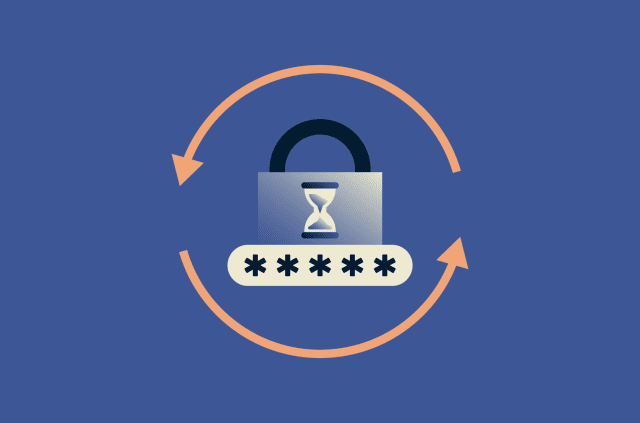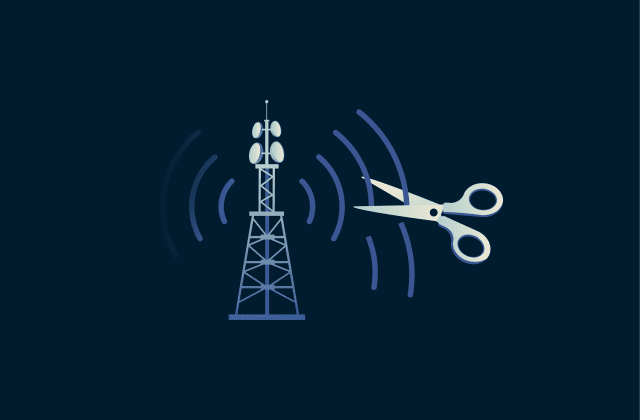ExpressVPN blog
Your destination for privacy news, how-to guides, and the latest on our VPN tech

Latest Posts
-

Is WeChat safe? A complete privacy and security guide
WeChat is a popular messaging app developed by Chinese tech giant Tencent that combines chat, payments, and more into one platform. As it handles your personal data and your financial information (if ...
-

How to boot your Mac in Safe Mode
If your Mac starts slowly, apps freeze, or the system feels unstable, Safe Mode can help you identify the cause. It starts macOS with a minimal set of system components, reducing background activity a...
-

How does TikTok know your location?
TikTok automatically collects certain information that can help determine your general location, even if you don’t tag where you are in your posts. This can include information related to your SIM c...
Featured
See allFeatured Video
-

Top 10 video games that will change how you view privacy
https://www.youtube.com/watch?v=7uOfHGT5p4w If you love online gaming and are interested in privacy, check out these video games that involve hacking, cybersecurity, and surveillance. Not only ...







